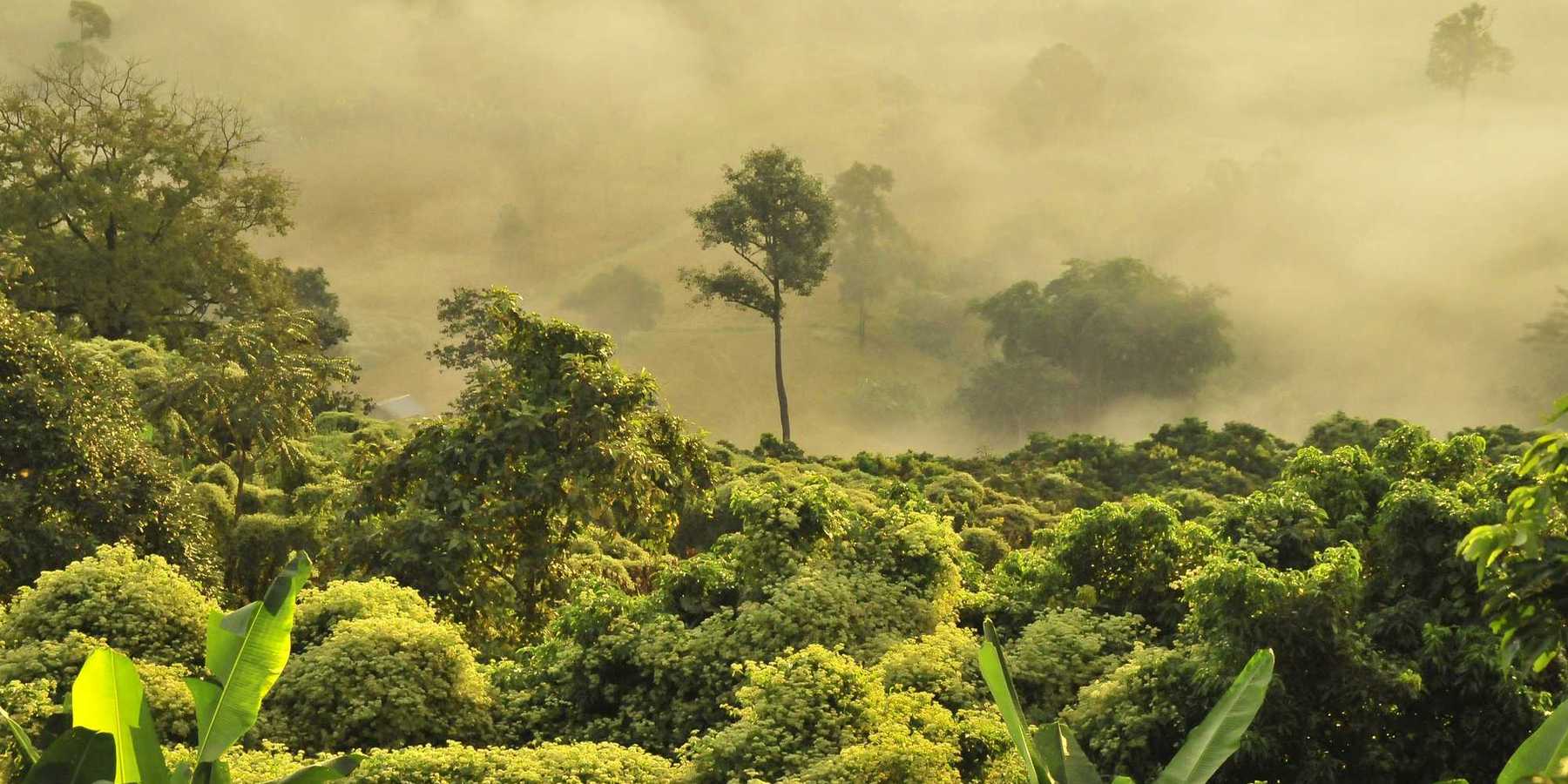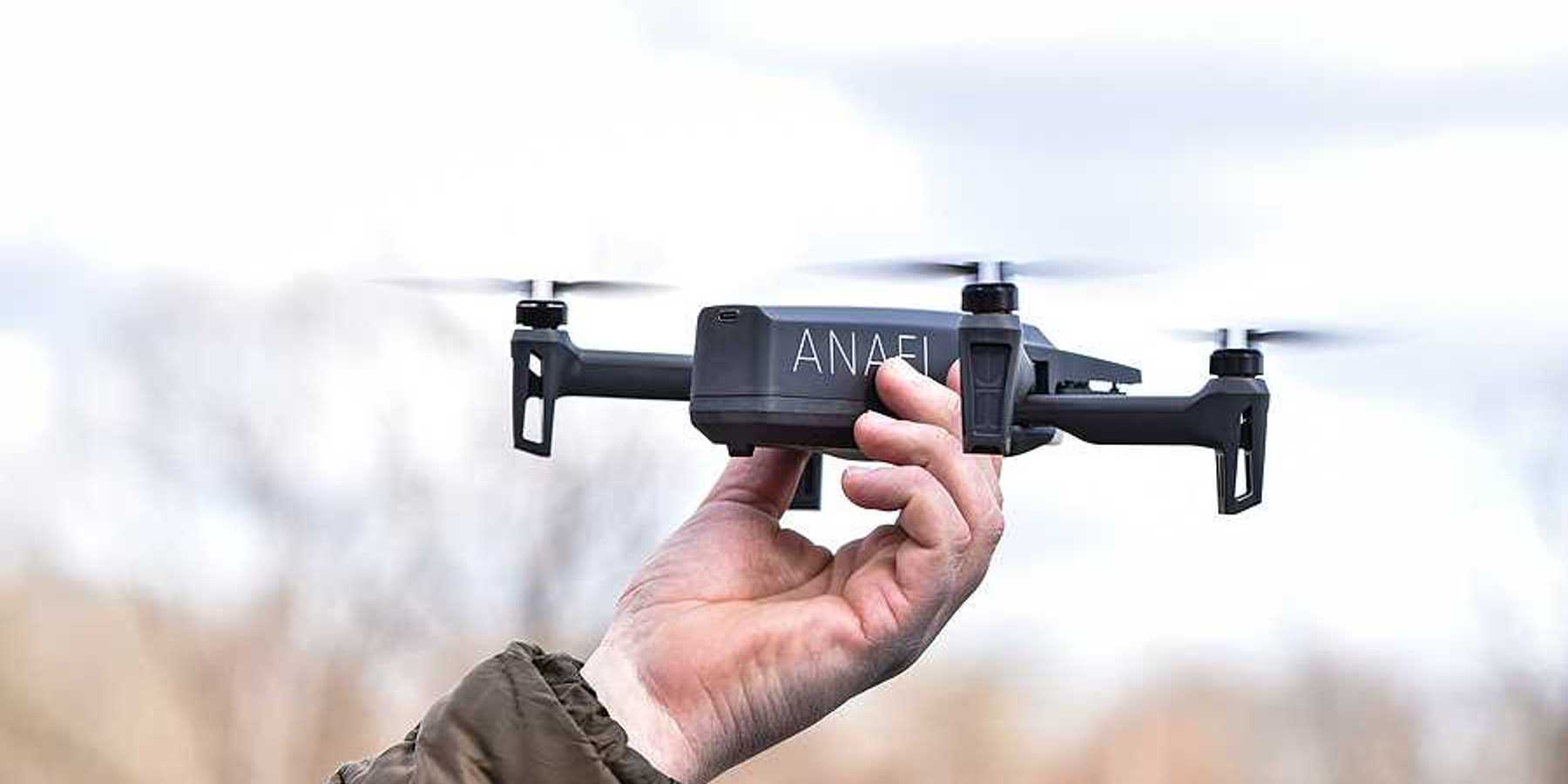18 September 2024
Climate-friendly eating is already happening, one farm at a time
Ecologist Mark Easter’s new book, The Blue Plate, shows how small shifts in farming and food consumption can help curb climate change by reducing agriculture’s carbon footprint.
Ayurella Horn-Muller reports for Grist.
In short:
- Easter breaks down the environmental impact of common U.S. foods, from bread to meat, showing how emissions are tied to every step of the food chain.
- The book highlights small-scale agricultural innovations across the U.S. that reduce emissions, arguing these changes can be scaled up.
- Easter draws on personal history, linking today’s climate challenges to practices like those from his great-grandmother’s time during the Dust Bowl.
Key quote:
“We’re basically trying to tally the flow of carbon and nitrogen back and forth between the Earth and the atmosphere... Do we have too much flowing in the wrong directions?”
— Mark Easter, ecologist and author.
Why this matters:
The way we produce and consume food plays a key role in climate change. By adopting sustainable farming methods, even small shifts can help restore soil health and reduce greenhouse gas emissions, helping to combat global warming.
Learn more:













